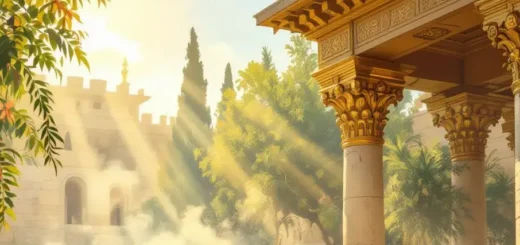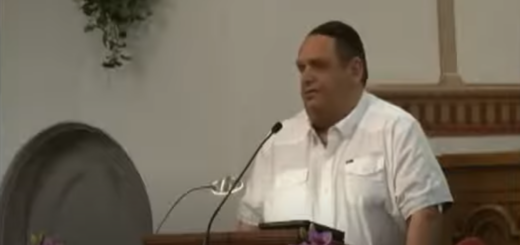Pinchas/Phinehas/פִּינְחָס Weekly Torah Portion

This short article was created with the help of AI tools and has been reviewed by a translator.
WITH GOD’S HELP!
This week, 17 – 23 Tammuz 5785 (13 – 19 July 2025) the people of Israel read the weekly Torah portion: 41. Pinchas – Bemidbar (Numbers) 25:10-30:1
Parashat Pinchas is the 41st weekly Torah portion in the Hebrew cycle of readings. It is part of the Book of Numbers (Bamidbar) and covers a variety of themes and events. Here are the main points:
Key Themes and Events:
- Pinchas’ Zealotry:
- The parasha opens with the account of Pinchas, the grandson of Aaron the High Priest, who takes action to stop a plague among the Israelites caused by the immorality of some members with Moabite women. His zealous act of killing an Israelite man and a Midianite woman is seen as a defense of God’s honor, resulting in God’s covenant of peace with him.
- The Covenant of Peace:
- God rewards Pinchas for his zeal by granting him a “covenant of peace,” meaning he and his descendants would serve as priests.
- Census and Inheritance:
- Following this, a new census of the Israelites is commanded, which determines the allocation of land among the tribes. This census shows the total number of males over the age of twenty.
- Daughters of Zelophehad:
- The daughters of Zelophehad approach Moses to claim their father’s inheritance, pleading for the right to inherit land since their father died without sons. This results in a ruling allowing daughters to inherit if there are no sons.
- Joshua (Yeshua Ben Nun) Appointed:
- God instructs Moses to appoint Joshua as his successor, preparing him to lead the people into the Promised Land.
- Offerings and Festivals:
- Lastly, the parasha outlines various offerings and sacrifices to be made during specific festivals, emphasizing the importance of communal worship and the ritual observance of these occasions.
Significance:
Parashat Pinchas emphasizes themes of leadership, zeal for God’s commandments, justice, and the rights of individuals in matters of inheritance. The inclusion of the daughters of Zelophehad highlights the evolving understanding of rights and gender within the community.
Overall, it reflects a time of transition, preparing the Israelites for entry into the Land of Israel while addressing moral and social dynamics within the community.








